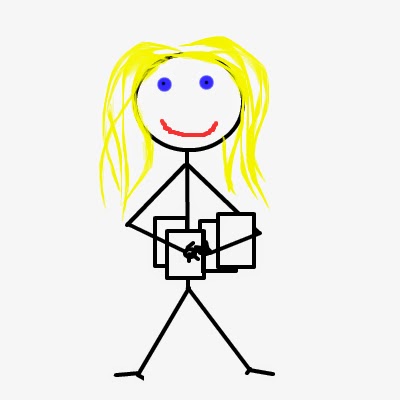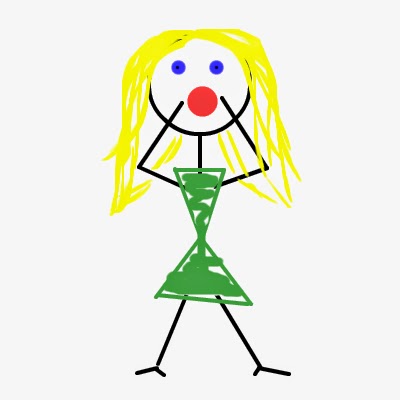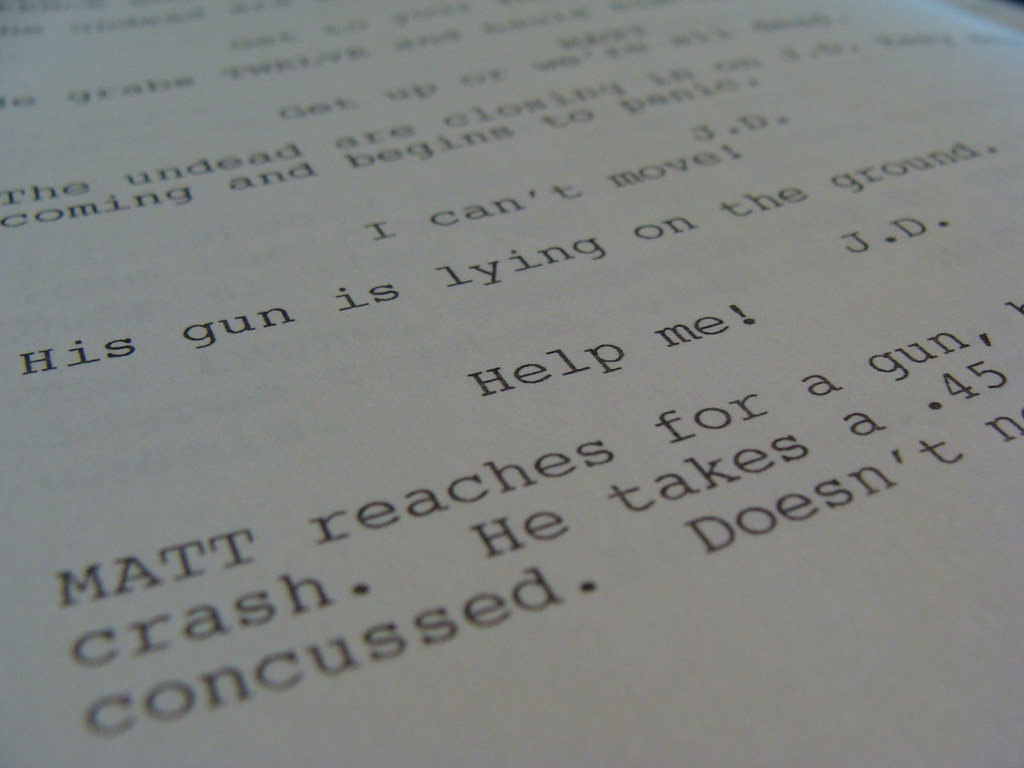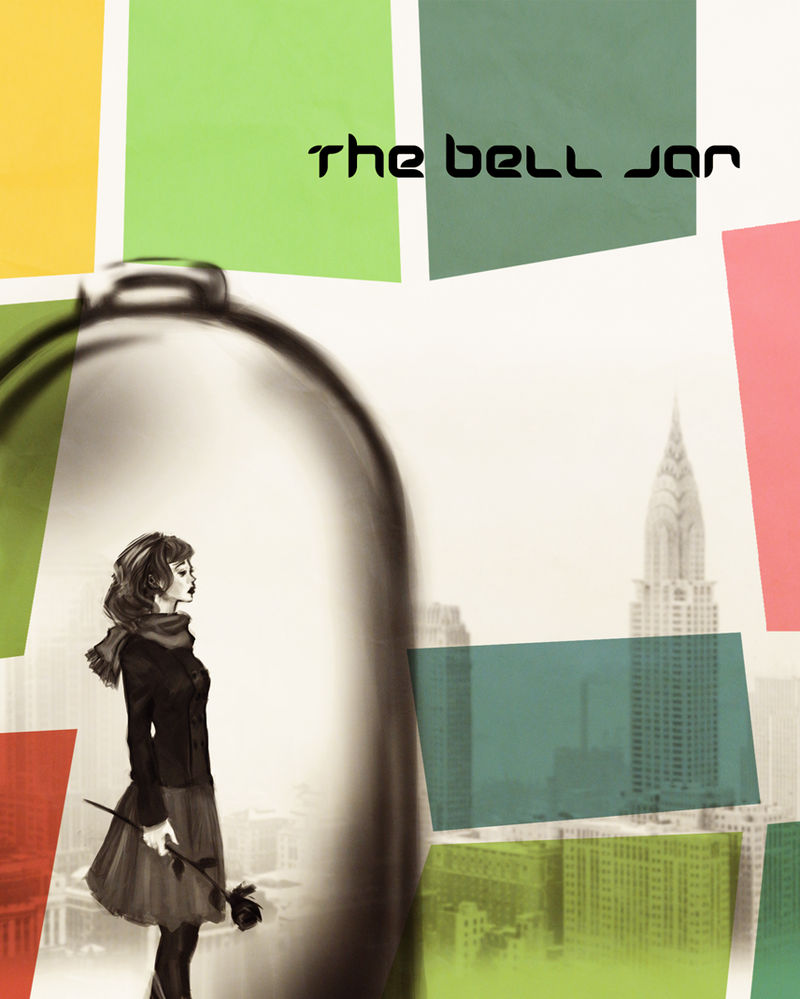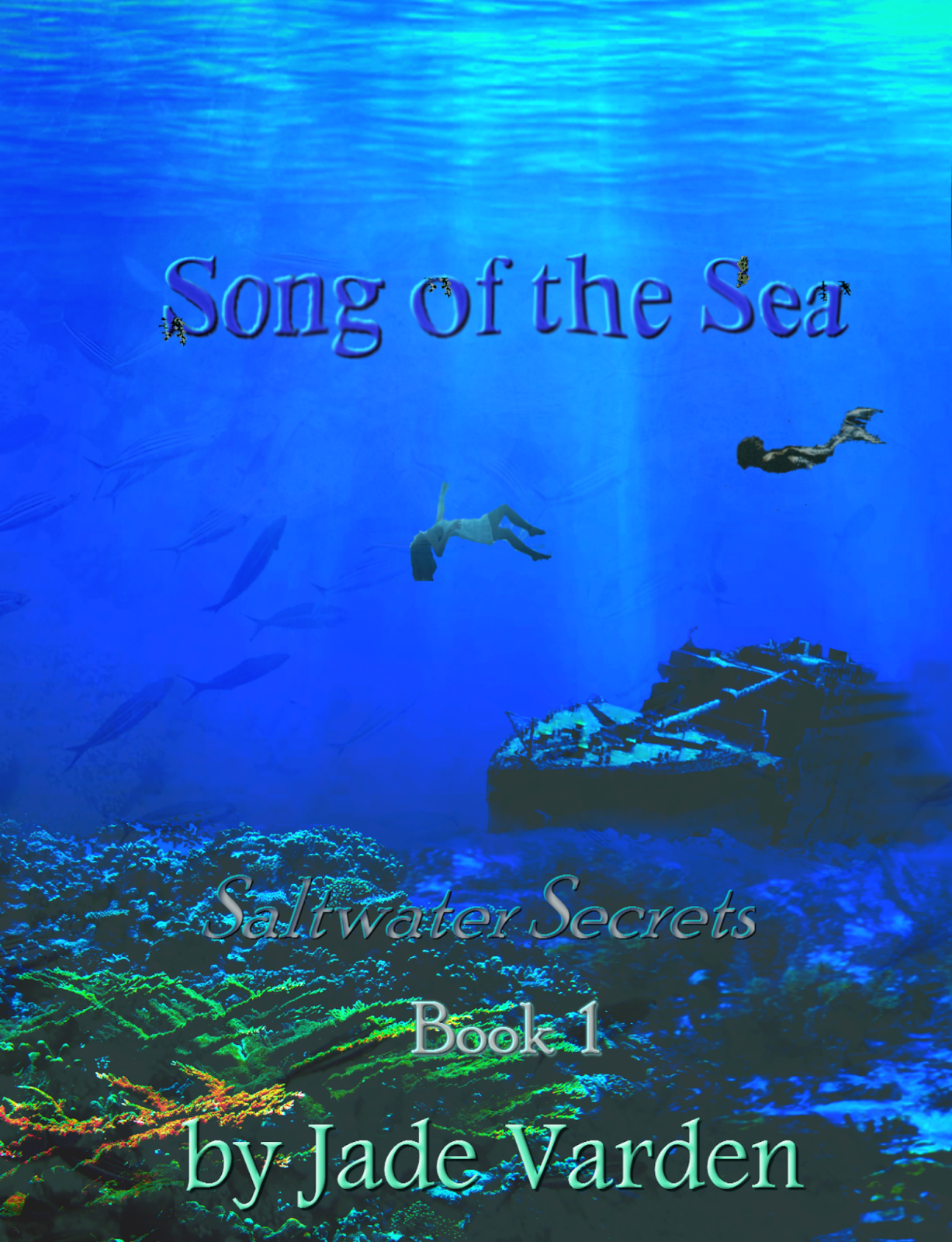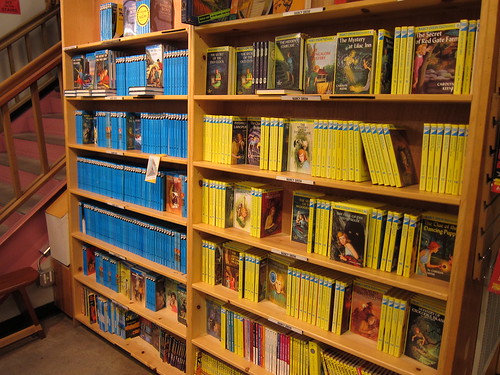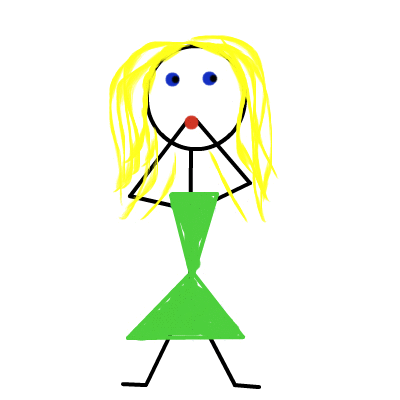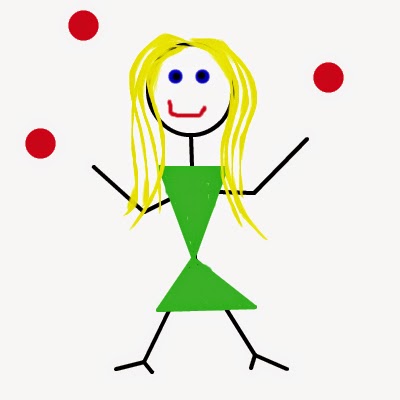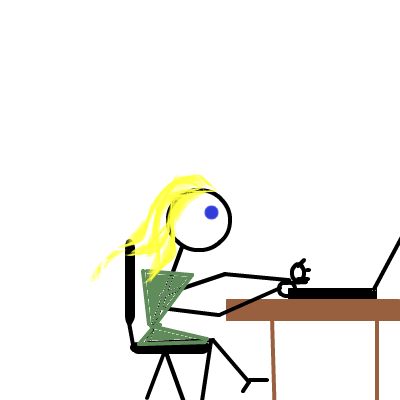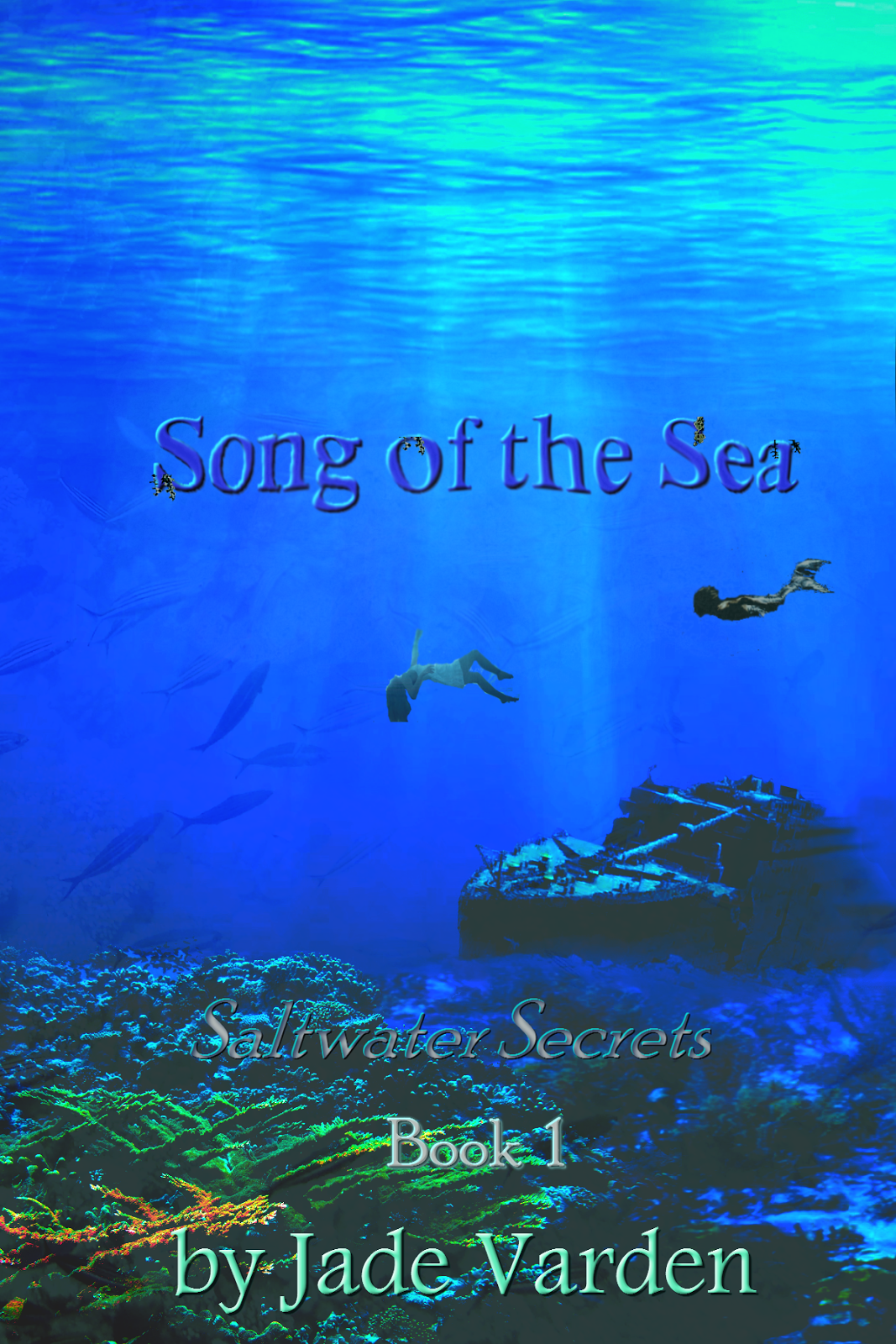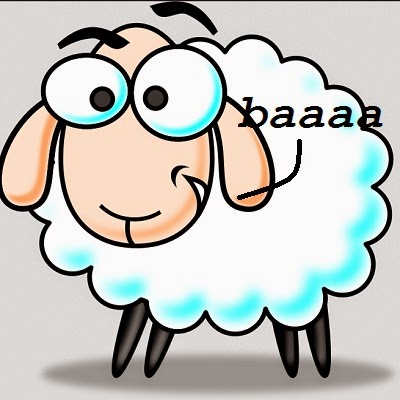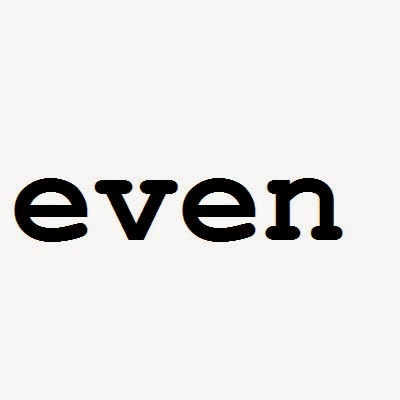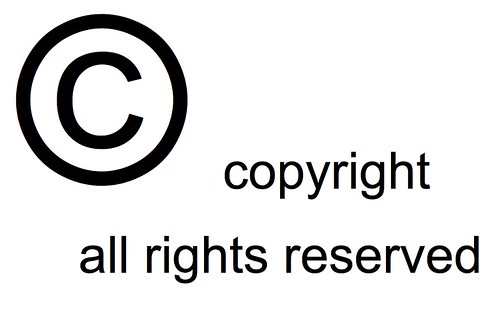Choosing a title can be one of the hardest parts of writing a book, and I should know. I had finished a book almost in entirety before I managed to figure out what the title was supposed to be. I struggle with it every time, but not all authors do. Today's guest author has found a creative way to avoid titling her own book, in fact: she's turned it into a promotional tool.
Book Titles and You
Guest author Roselyn Jewell is staging a unique contest to figure out her book's title. See my thoughts on writing book titles, and maybe you can help Roselyn come up with hers. Now here's Roselyn:
Hi everyone,
My name is Roselyn Jewell and I have recently made my first foray into the YA genre! Previously I’ve written almost entirely romance novels, but I came up with what I think is a great idea for a YA series and I’ve finished the first book in the series, which will be offered as an e-book in early March. In preparation for this, from now till March 1st, I’m running a contest where you get to submit suggestions for the title for the book! The prizes are:
A) The book will have the title you selected + one of the characters’ names will be changed to your name
B) You’ll win a free copy of either the final version of the YA book or a free copy of any other book that I have out
C) Your name will appear in the acknowledgements section of the book
Please feel free to send any submissions, suggestions, feedback, questions, etc. to me at Roselyn@roselynjewell.com. I'm also on social media as jewellromance on Facebook and Twitter. Good luck everyone!
Roselyn Jewell
Untitled
Hilary
lives in a world that is supposed to be "perfect." The government
provides all of the basic necessities and if you want "luxury" items you
can take on non-governmental work or odd jobs to earn luxury dollars to
buy pretty much anything you could desire. The downside? She's assigned
a career she hates, a place to live that she's never even been to
before, and a guy she's supposed to marry that she's not even sure she
likes. In fact, she's not sure she can ever feel that way about any guy,
period. Oh yeah, and this all happens to everyone when they turn 17.
Hilary tries to make the best of it but goes through a series of events
that make her question who she is as a person and whether or not
"perfect" can ever really exist, no matter what they want her to
believe.
I'm an author, a wife, a mother, a friend, a sister, a daughter, and so much more! I've always loved reading and found myself wanting to continue the stories I loved so much, which is how I started writing. Now I've finally reached my dream of being published. My novels are mainly romance, though there are a lot of other elements as well. My books prove that you can have the romance and the passion without having to sacrifice great plot lines or strong character personalities.









